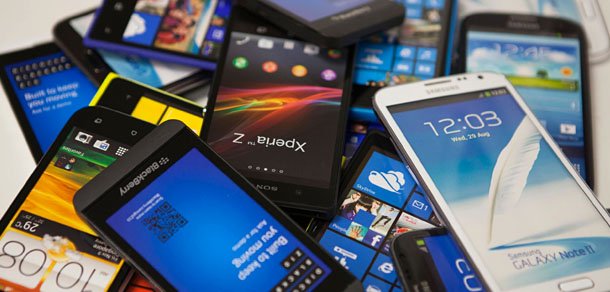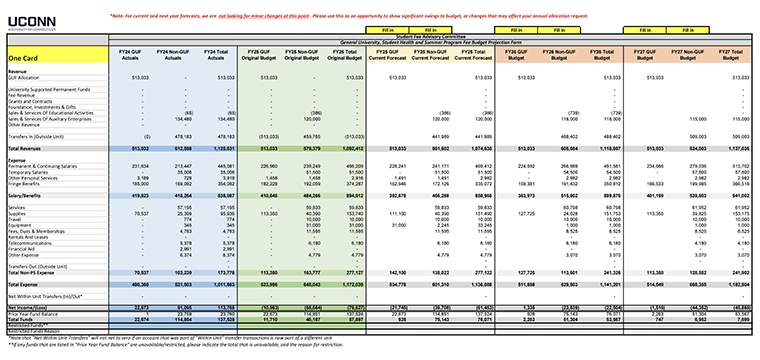
Vendors rolling out initial apps for mobile devices
The student has to register the mobile phone number and the door that is to be opened needs to be checked with the school. The school can also set a time frame for opening the door, require a PIN, as well as figure out if it wants to charge the student for the service. A residence hall can set the system up so each student gets a certain number of free unlocks but then is charged for subsequent uses of the service.
CBORD has other wireless applications as well that can be used to check nutritional information for meals, Winkelman says.
With the popularity of smart phone and location-based offers campus card providers have been talking about mobile marketing. This is part of what Google announced in May, calling it Google Offers. Consumers can sign up for deals they are interested in and receive offers via the handset.
For schools this could be a way to let students know about different events or offers on campus and add a new component to off-campus programs. It could be a revenue generator for a school and possibly offset some of the campus card program costs, Emery says. Heartland is looking at location-based marketing but it’s not something it has in place yet.
While mobile marketing could bring new service and new revenues, schools are cautious about such programs, says Christopher Haley, vice president of product development at CBORD. “Almost all schools we talk to are protective of their students and they don’t want to–or can’t–give out information about their students,” he explains.
Making sure that only appropriate content s distributed is a concern as well, Haley says. For example, bars shouldn’t be sending messages to those who aren’t 21-years-old.
There is a fine line between making sure the program provides value to the merchants while not spamming students, Haley explains. Merchants would want as many students as possible to get messages but the schools would want the program to be permission based so students only get offers for which they are eligible or pre-enrolled.
CBORD’s program would be permission-based so students could sign up for offers they are interested in, Haley says. “The programs would be targeted and provide value to the student and significant value to the merchant,” he adds.
The impact of mobile technology on campus is a hot topic, and with the emergence of more apps for smart phones and their popularity on campus we are at the very beginning of its use on campus and within campus card programs. While it doesn’t appear that the plastic card will be going anywhere anytime soon, the smart phone will almost certainly play an increasingly important role in campus life.
Using the mobile as an identity credential may enable universities to roll out new applications to students quicker than ever before.
Traditionally, if a school wanted to enable more applications for the campus card it had to make the changes on the backend or reissue cards. But with mobile applications, updates can be made over the air to enable greater functionality.
Blackboard is already enabling schools deploying Sony’s FeliCa technology to add university-specific application to credentials, says Jun Shionozaki, technical consulting manager, FeliCa Business Division at Sony. Blackboard says that some 60 schools have deployed FeliCa readers and 20 have deployed the cards.
When Blackboard deploys the FeliCa contactless smart cards, the credentials have two areas, one that is a secure area where payment and physical access control transactions take place, and an open area where the school can add its own applications.
Blackboard and Sony distribute a FeliCa software developer’s kit that includes some sample applications and a tutorial on how to create them. “In the past they could only use the mag-strip credential but now they can go out and be creative,” Shionozaki says.
Some applications schools can create include computer login, ticketing and event tracking, Shionozaki says.
When the credential moves to the smart phone adding these applications will be even easier. “Mobile means delivering services more rapidly,” says David Marr, president and COO at Blackboard Transact.
Mobile application are becoming the “virtual front door” for schools and need to be governed by credentials that are stored on that device, Marr says. Blackboard is preparing for how mobile will change the way schools interact with students. “Students live on the move and live in a world that’s pretty fluid and they expect to receive their services in the same way,” he adds.
Schools that build native mobile applications can deliver immediate services to students, Marr says. Also, instead of building the infrastructure, schools can make it easier by contracting with providers to build the applications. “You rapidly reduce cycle time and build rich and meaningful services to constituents,” he adds.
Campus card administrators need to find out who on their campus is working on mobile efforts and make sure they are a part of the conversation, Marr urges. “Let it be known that campus card solution providers are moving the credential to the phone and this will get their attention,” he adds.




